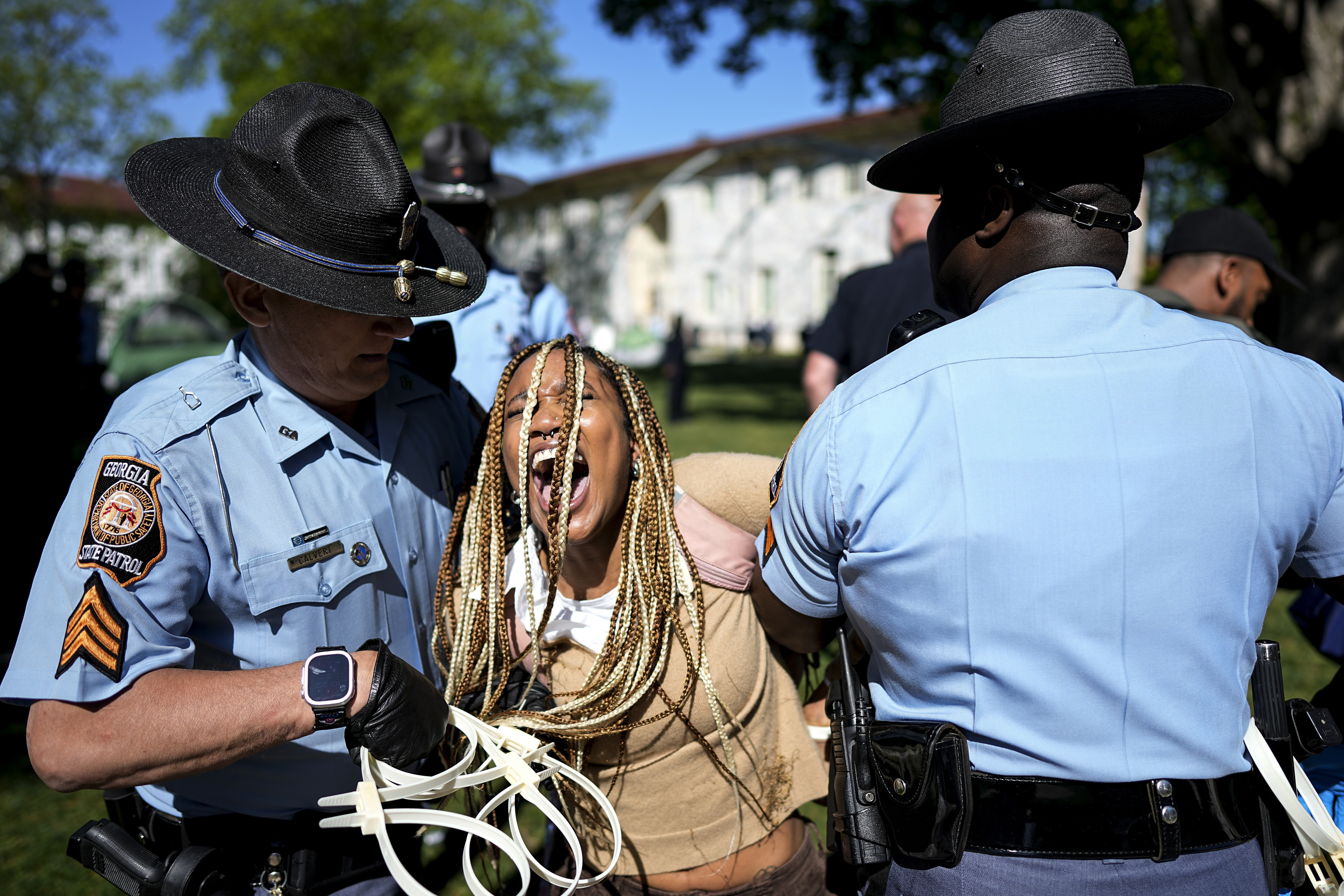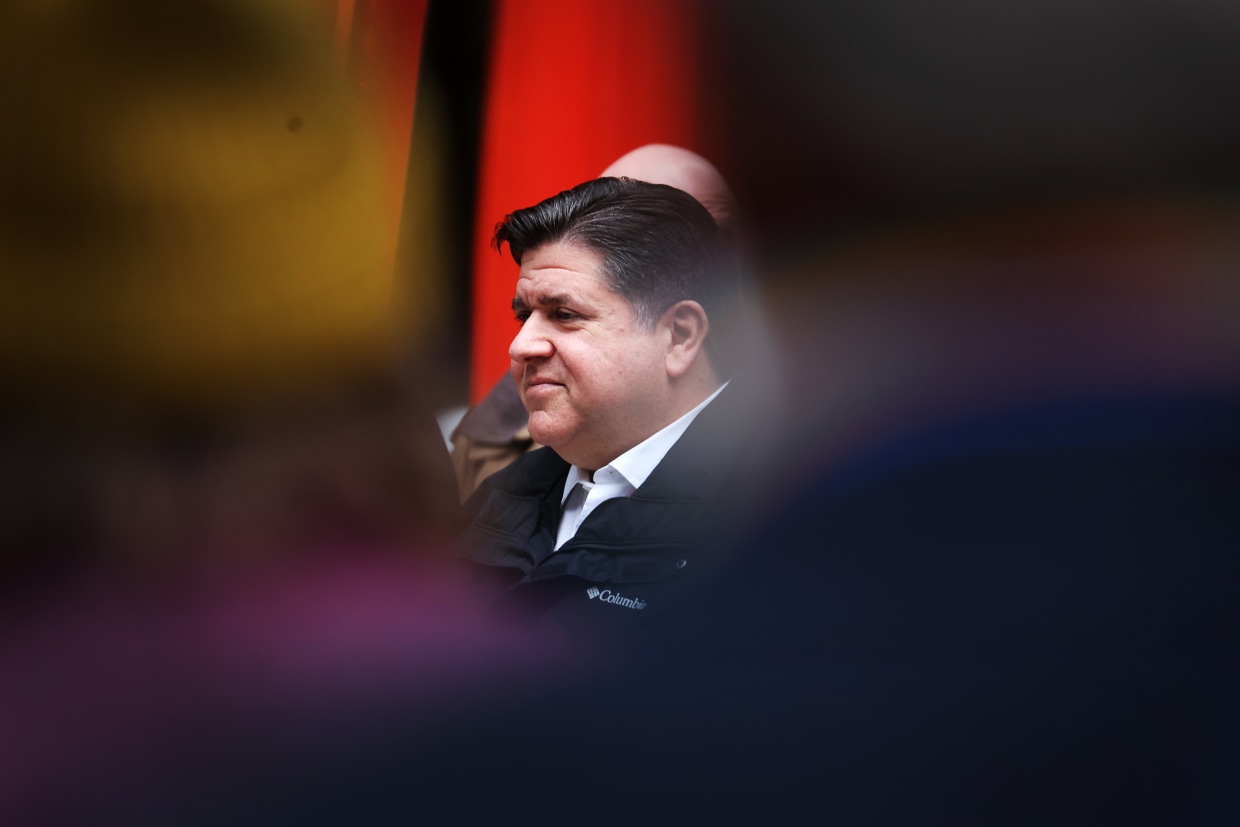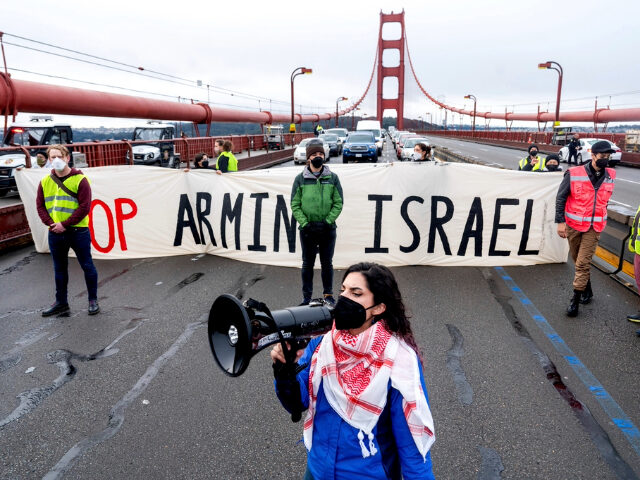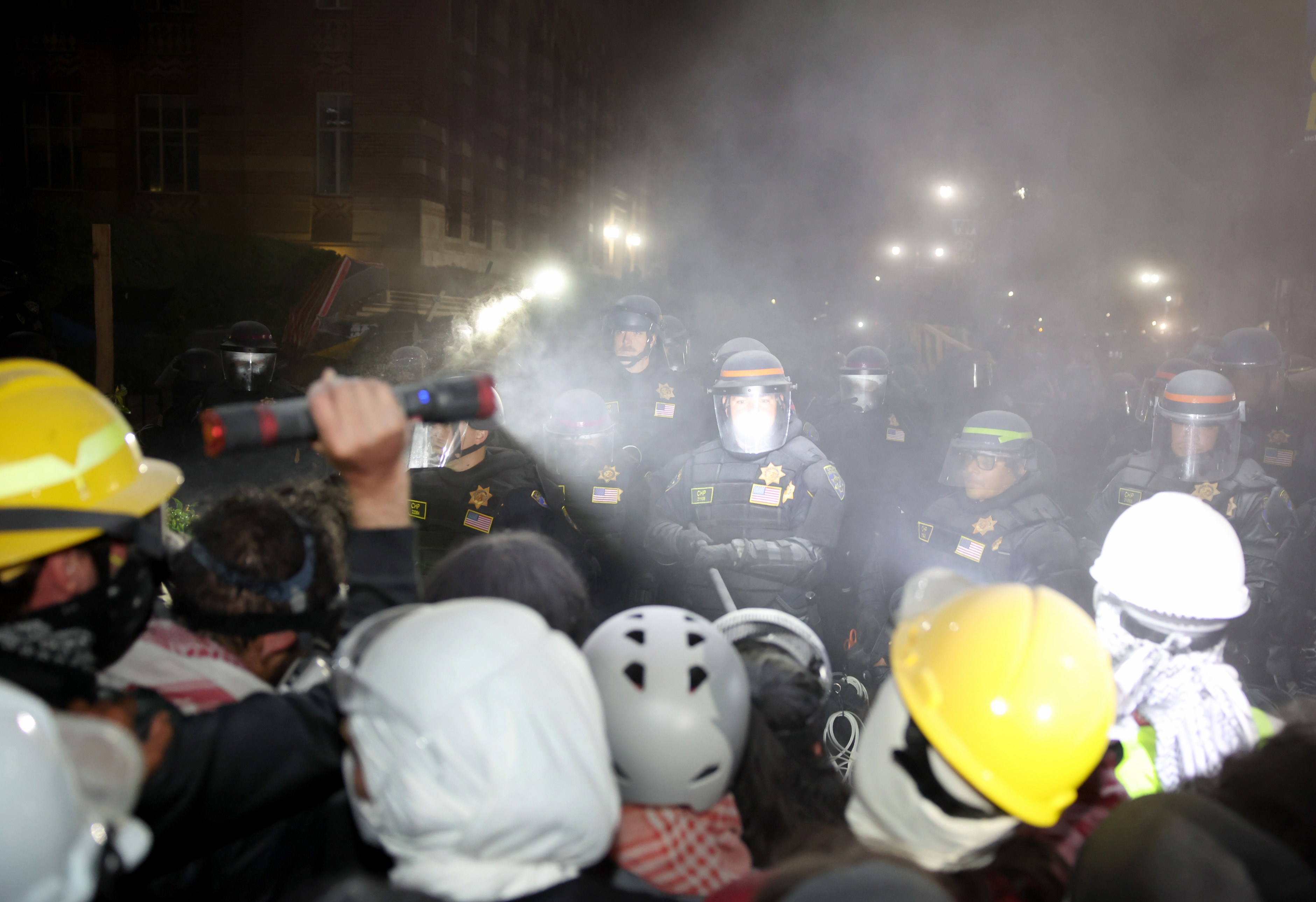College protesters want ‘amnesty.’ At stake: Tuition, legal charges, grades and graduation

Maryam Alwan thought the worst had passed after New York City Police in riot gear arrest her and other demonstrators on the Columbia University Campus, and load them onto buses.
The next evening the junior college student received an email. Alwan, along with other students, were suspended for their arrests in the ” Gaza Solidarity Encampment,” which was a tactic used by colleges all over the country to quell growing campus protests about the Israel-Hamas conflict.
Students and faculty are increasingly demanding amnesty for the students. The question is whether law enforcement and universities will dismiss the charges or not, and whether students will be burdened with legal records and suspensions.
The suspensions are different from campus to campus. Alwan, along with dozens of others, were arrested on April 18, and immediately barred from the campus, classes and dining halls.
|
There are still questions about their future academics. Are they allowed to take their final exams? How about financial aid? Graduation? Columbia claims that the outcome will be determined at disciplinary hearings. Alwan, however, says she hasn’t been given a specific date.
Alwan, a student majoring in comparative literature and social studies, said: “This is very dystopian.”
What began at Columbia University has now become a national showdown between administrators and students over the limits of freedom of speech and anti-war demonstrations. In the last 10 days, hundreds of college students were arrested, suspended, placed on probation, and in rare cases expelled, including Yale University.
According to Columbia Spectator, a campus newspaper that obtained documents from the campus, and interviews with students, Barnard, a liberal arts women’s college, has suspended and evicted more than 50 students arrested on April 18.
Barnard announced on Friday that it had reached agreements with “nearly” all of these students to restore campus access. The college didn’t specify how many students were reinstated, but stated that all of them had agreed to follow the rules at the college and in some cases they were placed on probation.
Maryam Iqbal, a Barnard student, posted a screenshot of an email from the dean telling her that she could return briefly to her room before being kicked out.
The email stated that you would have 15 minutes to collect any items needed.
Last week, more than 100 Barnard faculty and Columbia faculty members held a “Rally to Support Our Students”, condemning student arrests and calling for suspensions to be lifted.
Columbia University is still trying to get the tents removed from the main lawn of the campus where the graduation ceremony is scheduled for May 15. Students have asked that Columbia cut ties with companies linked to Israel and grant amnesty to students and faculty who were arrested or disciplined for their protests.
Ben Chang, Columbia’s spokesperson, confirmed that talks with student protesters continue. He said, “We have demands and they have theirs.”
Radhika Sainath is an attorney at Palestine Legal. She helped a group Columbia students who were facing suspension file a federal civil right complaint against the school on Thursday. The complaint accuses Columbia University of failing to do enough to combat discrimination against Palestinians students.
Sainath stated, “The punishment level is not just draconian; it feels like a callousness that goes over the top.”
Craig Birckhead Morton, a senior at Yale University, was among the 40+ students arrested during a demonstration held last week. He’s due to graduate on May 20, but the university hasn’t yet informed him whether his case will go before a disciplinary committee. He is worried about receiving a diploma, and whether his acceptance into Columbia’s graduate school will be in jeopardy.
Birckhead Morton, a history student, said that the school had done its best to ignore her and keep quiet about what would happen next.
College administrators across the country have struggled with finding a balance between free speech and inclusivity. Some demonstrations included hate speech or antisemitic remarks. Others supported Hamas, a group that attacked Israel in October, triggering a war that left over 34,000 people dead.
Commencement ceremonies in May increase pressure on students to end protests. Officials at the university say that arrests and suspensions of students are only a last option and they have given ample warnings to clear the protest area.
According to the Institute for Middle Eastern Understanding, Vanderbilt University has expelled what is believed to be only two students for protesting against the Israel-Hamas Conflict. On March 26, more than 20 students occupied the office of the university’s chancellor for several hours, prompting the University to call the police and arrest a number of protesters. Vanderbilt issued three expulsions and one suspension, as well as placing 22 protesters under probation.
In an open message to Chancellor Daniel Diermeier more than 150 Vanderbilt faculty members criticized the university crackdown for being “excessive” and “punitive.”
While he files an appeal, Jack Petocz (19), a freshman, can attend class. He was evicted and now lives off campus.
Petocz says protesting at high school helped him get into Vanderbilt, and secure a merit-based scholarship for activists and planners. In his college essay, Petocz wrote about organizing walkouts to protest Gov. Ron DeSantis has anti-LGBTQ policy.
Petocz stated that Vanderbilt appeared to enjoy this. “Unfortunately the buck stops once you start advocating Palestinian liberation.”









No Comments